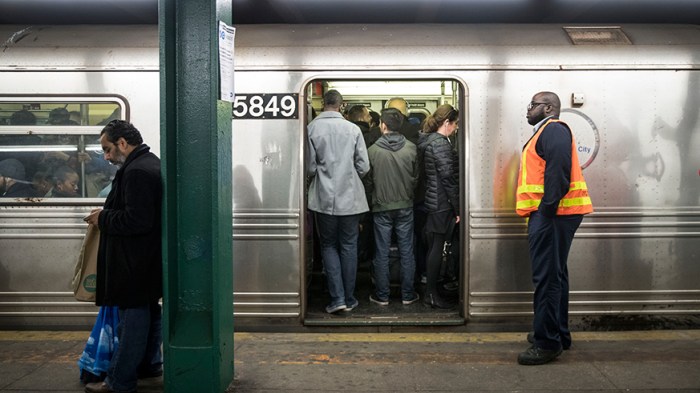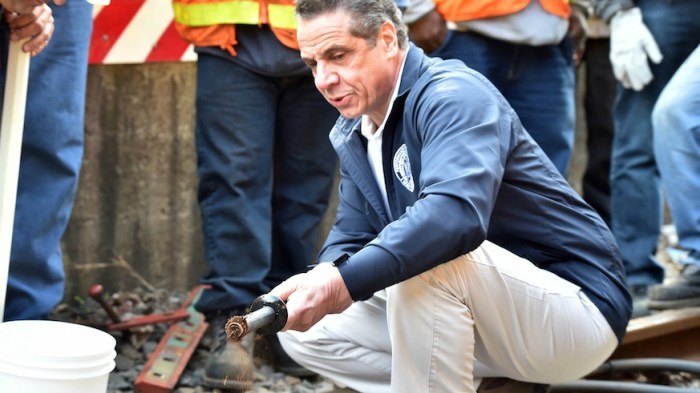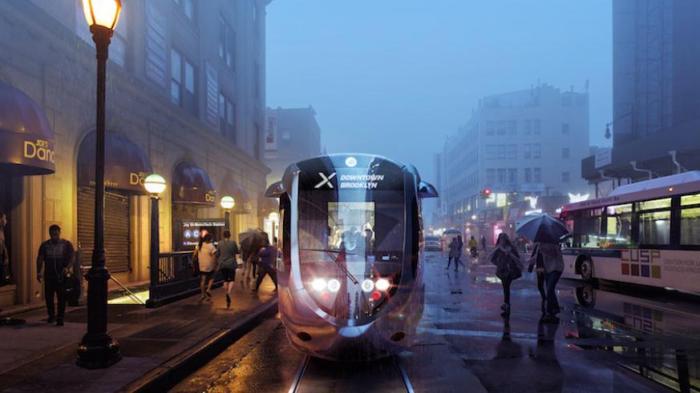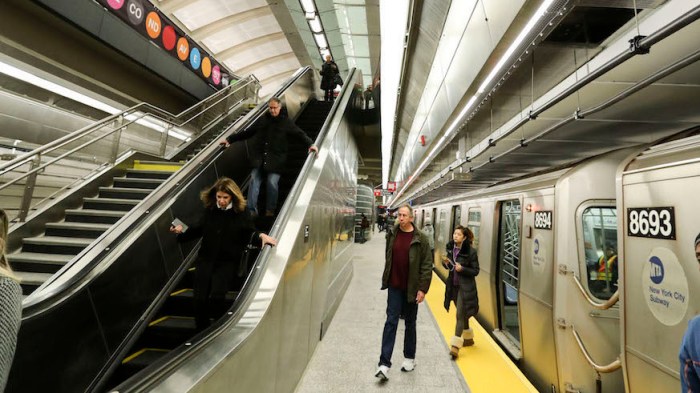Anyone who relies on the MTA to get around during rush hour has experienced a morning commute that didn’t go as smoothly planned, and a new report details just how common New York City subway delays are.
More than 90 percent of all mornings in 2018 were plagued with signal problems that cause New York City subway delays, according to a new report from Riders Alliance.
Riders Alliance on Monday released its analysis if MTA data on signal issues and found that out of 251 morning rush hours in 2018, 230 — or 92 percent — had signal problems that caused subway delays.
That total of morning rush hours comes from the number of non-holiday weekdays throughout the year, per Riders Alliance. For reach of those days, the group looked at archived MTA service alerts, singled out the ones concerning “signal problems” and tallied them by month and by subway line.
Riders Alliance defines morning rush hour on the New York City subway as from 6 to 10 a.m. on non-holiday weekdays. According to the MTA, more than 5,580,000 people ride the subway on an average weekday, though that number isn’t separated into rush hour or off-peak ridership.
January and February were the worst months in 2018 for New York City subway delays, according to the report, with signal delays every single rush hour morning.
These subway delays don’t affect every single train line at once, but straphangers who rely on the F train bore the brunt of these MTA issues. Riders on that line experienced subway delays stemming from signal issues on 72 total mornings, or more than a quarter of all morning rush hours in 2018.

Six other subway lines saw more than 50 days with rush hour signal delays (or 20 percent of all work days) per the report, and another 10 lines had more than 30 days with signal delays.
How can the MTA address New York City subway delays?
The Subway Action Plan, which kicked off in July 2017, promised visible subway improvements on issues like delays and derailments within one year, but Riders Alliance says that plan isn’t working well enough.
To reduce subway delays, the organization is calling on state officials to endorse and fund the MTA Fast Forward plan, which aims to modernize New York City transit for a cost of about $40 billion.
The Fast Forward plan would retrofit New York City subway lines with communications-based train control, a “state-of-the-art signal system,” according to the MTA, over a 10 year period. This requires new or upgraded subway cars and would allow trains to run closer together and more reliably, the transit authority says.
“The MTA’s proposed upgrades are essential to meeting contemporary expectations for transit service and restoring New Yorkers’ trust both in the transit system and the elected leaders who determine its fate,” the Riders Alliance report reads. “To end the transit crisis and restore reliability to New Yorkers’ commutes, the governor and legislature must now adopt a comprehensive, fair and sustainable plan to fund the MTA’s modernization.”
Officials have voiced support for the MTA Fast Forward plan, but no funding has yet been committed. Governor Andrew Cuomo has said that New York City should pay for half of the plan’s nearly $40 billion price tag, and also pointed to his congestion pricing plan as a funding option.
In response to the report, MTA spokesperson Shams Tarek said in a statement that the Subway Action Plan and President Andy Byford’s Save Safe Seconds campaign have improved subway performance, “with on-time performance reaching four-year highs recently.”
“The Fast Forward Plan, if funded,” he added, “will modernize the signal system and rest of NYC Transit for decades to come.”



















